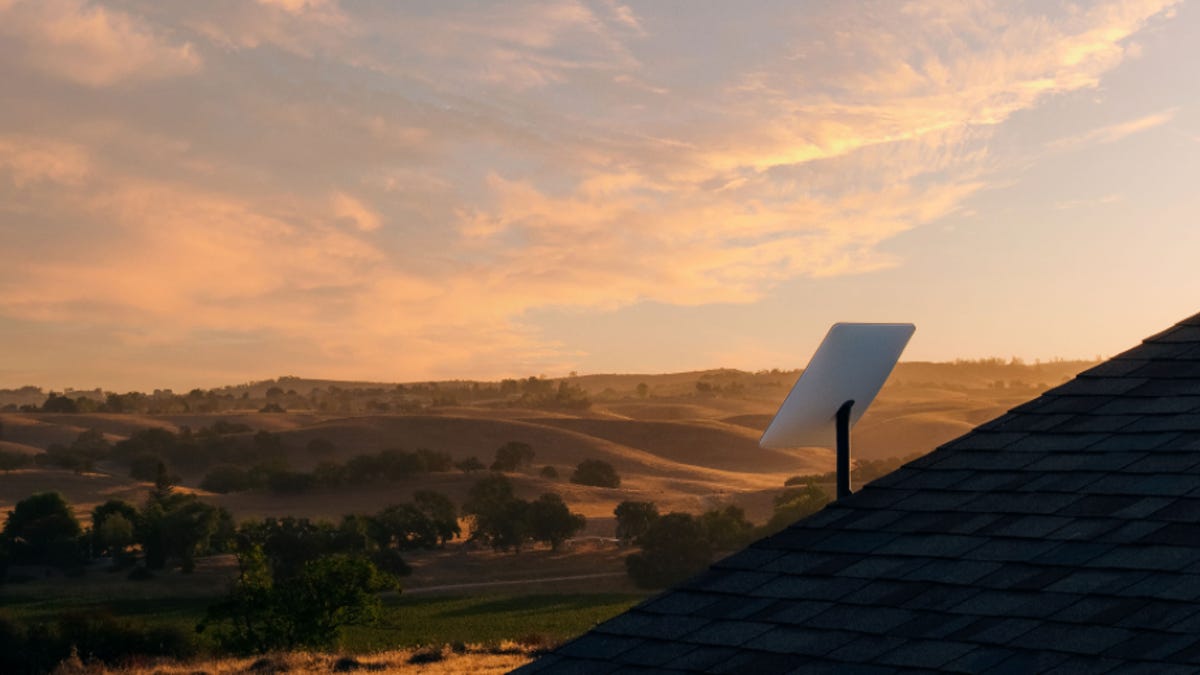SpaceX's Starlink Satellite Broadband Is Speeding Up, Ookla Says
Speed testing outfit Ookla reports on the state of connectivity from orbit.

A Starlink dish in the wild.
Elon Musk's rocket company has launched more than 2,000 flying routers to space in recent years as it attempts to build a constellation of satellites that could eventually dwarf the total amount of spacecraft launched by humanity in all the decades before SpaceX came on the scene.
Now it appears all that investment is beginning to yield some real results.
Internet speed test outfit Ookla reported on Tuesday that Starlink has raced further ahead of competition, recording the fastest median satellite broadband speeds in most places it's offered and even outpacing the median speed of terrestrial fixed broadband services in Mexico, Australia, New Zealand and several European countries.
Starlink is available in at least 32 countries around the world, giving it a significant advantage over nascent competitors like Amazon's Project Kuiper.
Starlink is now available in 32 countries around the world. People ordering from areas marked “available” will have their Starlink shipped immediately → https://t.co/slZbTmHdml pic.twitter.com/CecM1pkf5D
— SpaceX (@SpaceX) May 13, 2022
"As we've continued to see over the past year, Starlink's low-earth orbit satellites (LEOs) provide a life-changing service for consumers in rural areas that might not otherwise have access to high-speed internet," reads a statement from Ookla.
As for the US and Canada, Starlink is faster than other satellite internet providers by quite a bit, with Puerto Rico being one notable exception -- for now it's still struggling there to keep up with HughesNet.
That could change though, as Starlink speeds increased by 38 percent between the first quarter of 2021 and 2022, according to Ookla. In Canada, they were up by 58 percent over the same period.
Changes in Starlink speed between the first quarter of 2021 and this year.
Starlink records its fastest median download speeds in Lithuania (160Mbps). Ookla clocked it at 91Mbps in the US, 97Mbps in Canada and 124Mbps in Australia.
There have been apparent hiccups, however. Upload speeds on Starlink actually decreased year over year, by 33 percent in the US and 36 percent in Canada.
SpaceX didn't immediately respond to a request for comment.

